Load up on protein or go heavy on carbs? How genes influence your body’s response to nutrients
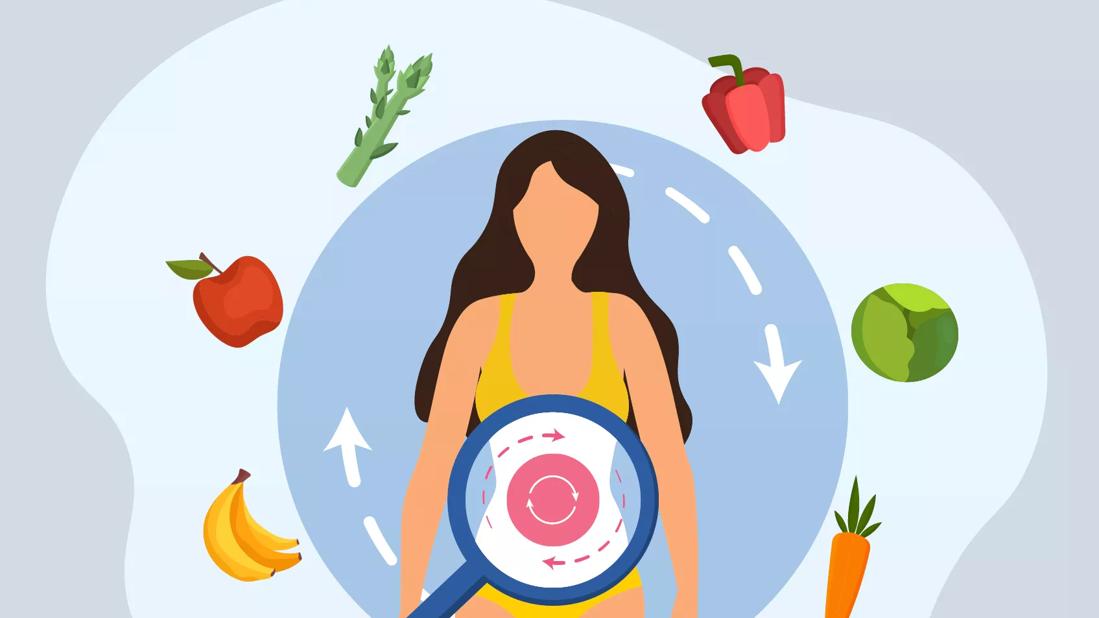
Choosing what to eat and the steps you need take to achieve your health goals can be overwhelming. With so many diets out there and numerous experts who all have different opinions, how can you determine what’ll work for you? Nutrigenomics provides some clarity.
Advertisement
Cleveland Clinic is a non-profit academic medical center. Advertising on our site helps support our mission. We do not endorse non-Cleveland Clinic products or services. Policy
“Nutrigenomics is a way to zoom in on what will help you reach your goals based on what we know about your genes and how they interact with the food you eat,” says registered dietitian Devon Peart, RD, MHSc, BASc.
Peart explains how the latest in personalized nutrition works and how it may help promote weight loss, disease prevention, athletic performance and more.
Nutrigenomics — or nutritional genomics — is the study of how genes and nutrition interact, Peart says. Variants (differences) in your genes predict how your body will likely respond to certain nutrients.
For instance, variants on your FTO gene are related to metabolism, energy expenditure and energy balance; they impact weight management and body composition. Your FTO gene variants reveal how your body metabolizes fat and protein. With guidance from a dietitian, you can use that knowledge to choose an eating plan that works well with your genetic makeup.
The results from nutrigenomic testing can help inform your everyday decisions. For example, your genetic variants may signal that you’re more likely to:
Advertisement
The DNA test for nutrigenomics is a simple swab of the inside of your mouth. That’s sent off to a lab for analysis, and you get the results a few weeks later. Labs may analyze 70 or more different genes.
Nutrigenomic testing is based on science and is very accurate, Peart says. “Keep in mind that the results show your potential for health conditions or how your body will likely respond to nutrients. But just because you’re genetically prone to something doesn’t mean it’s a given.”
Several companies sell direct-to-consumer genetic tests, but Peart says you really need to work with a professional. Registered dietitians with training in nutrigenomics can explain the relevance of the results: what they mean for your health and how to choose foods that minimize your risk (and optimize your health) based on your specific variants.
For example, let’s say you have the genetic variant associated with high levels of triglyceride (circulating fats in your blood). A dietitian can help reduce that risk by looking for ways to add more omega-3 fatty acids to your diet. They’re proven to lower triglyceride levels.
Nutrigenomics lets you pinpoint the parts of your diet that have the most impact on your health and can reduce disease risk factors, says Peart. “Research also shows that when people have genetic information about themselves, it strengthens their motivation to work on health goals.”
Take high blood pressure. It’s one thing to know it runs in your family, and it’s another to see the solid, genetic evidence of risk. But just because you have the variant for it doesn’t mean it’s inevitable. And that’s where the empowering part of nutrigenomics comes into play. Working with a dietitian, you can create an actionable plan — like looking for ways to lower sodium — to live your healthiest life.
Genetics is one part of the health picture, but factors like your lifestyle and environment are key influencers, too. How much does each component contribute to how your body responds to food? That’s a question tackled in the PREDICT 1 Study.
The study gathered data from 1,000 participants, more than half of who were twins. They ate specially designed muffins, and afterward, researchers measured the levels of sugar (glucose), insulin and fat in the participants’ blood. They also collected information about each participant’s amount of exercise and sleep. From stool samples, researchers analyzed each person’s gut bacteria (microbiome), too.
Here are the findings:
Advertisement
The bottom line: Genetics plays one part in a complex dance among factors that vary from person to person. And it’s possible to change many of those factors, including:
Personalized nutrition — recommendations based on your genetics, preferences and predispositions — may well replace one-size-fits-all advice in the future.
“As people learn more about their genetic makeup, I think nutrigenomics will become a routine part of making nutrition choices,” Peart says.
Genetic tendencies are forecasts, not guarantees. And nutrigenomics can’t eliminate all of the trial-and-error when it comes to diet, supplements and workout routines. But nutrigenomics does give you a more targeted approach to figuring out what steps you can take to feel your best.
Advertisement
Learn more about our editorial process.
Advertisement
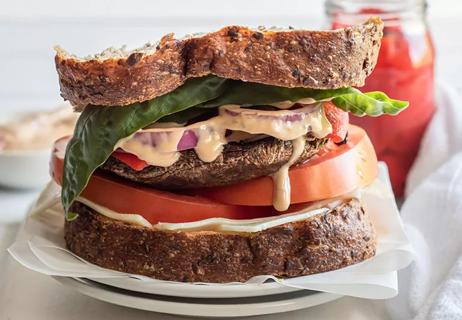
A satisfying veggie option with a kick
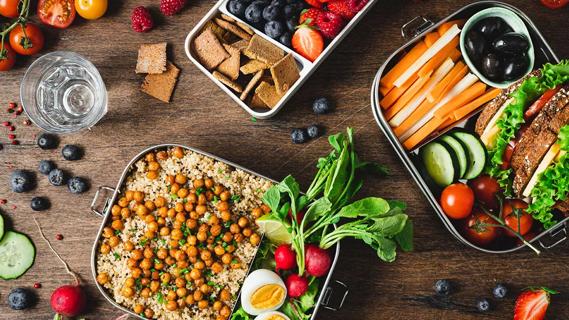
No more scrambling to figure out what to eat during your busy week
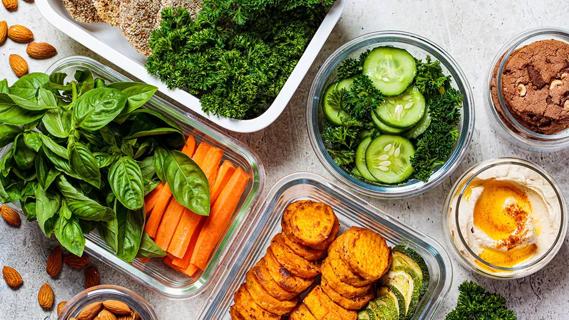
Set yourself up for success by carefully choosing your recipes, storage containers and prepping day

A colorful side dish to brighten any meal

A creamy mashed cauliflower that’s sure to please
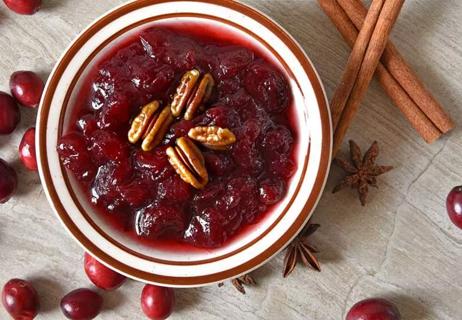
Impress your Thanksgiving guests with this homemade treat!

These breaks may have some benefits — but they promote an unhealthy attitude toward food

Type 2 diabetes isn’t inevitable with these dietary changes

Applying a hot or cold compress can help with pain